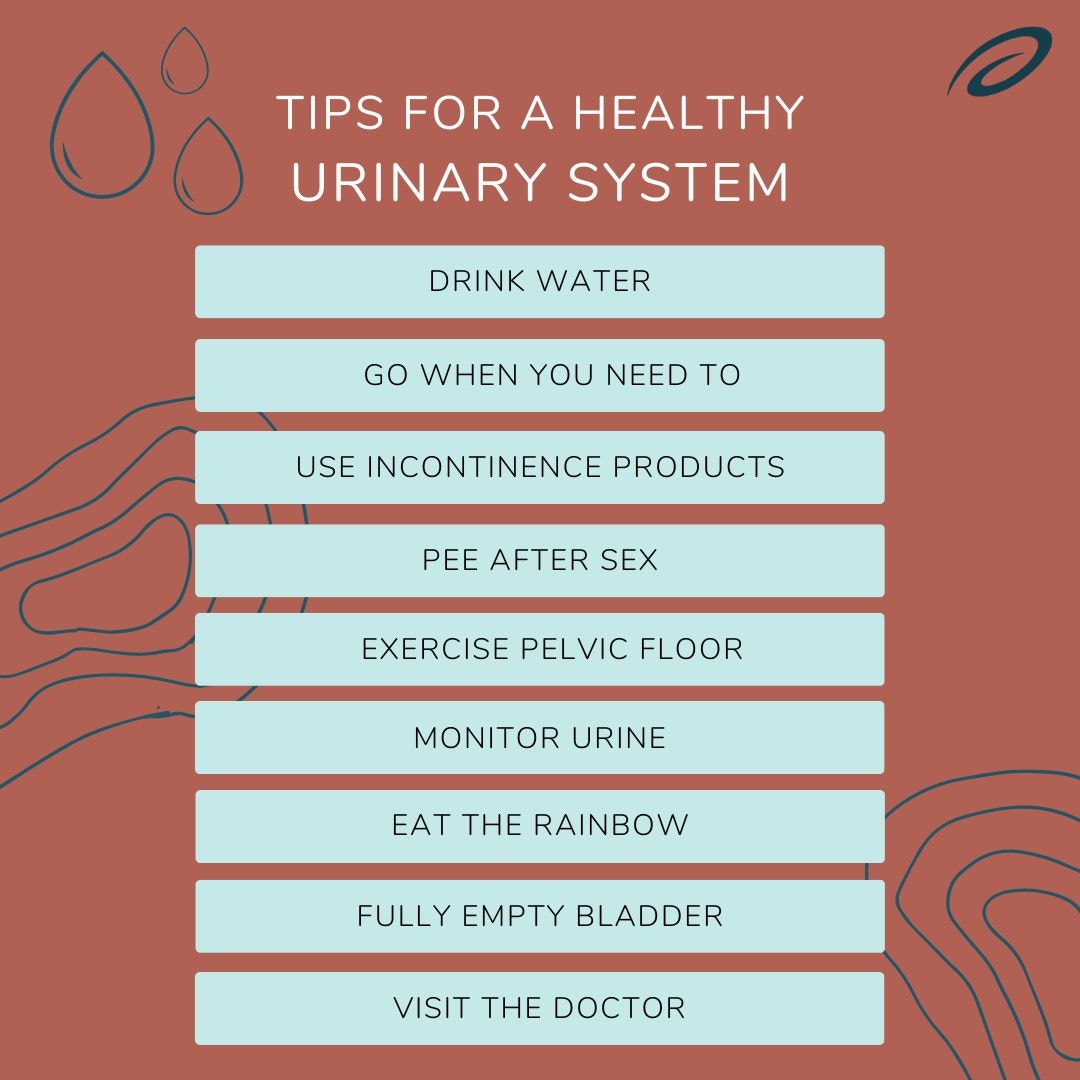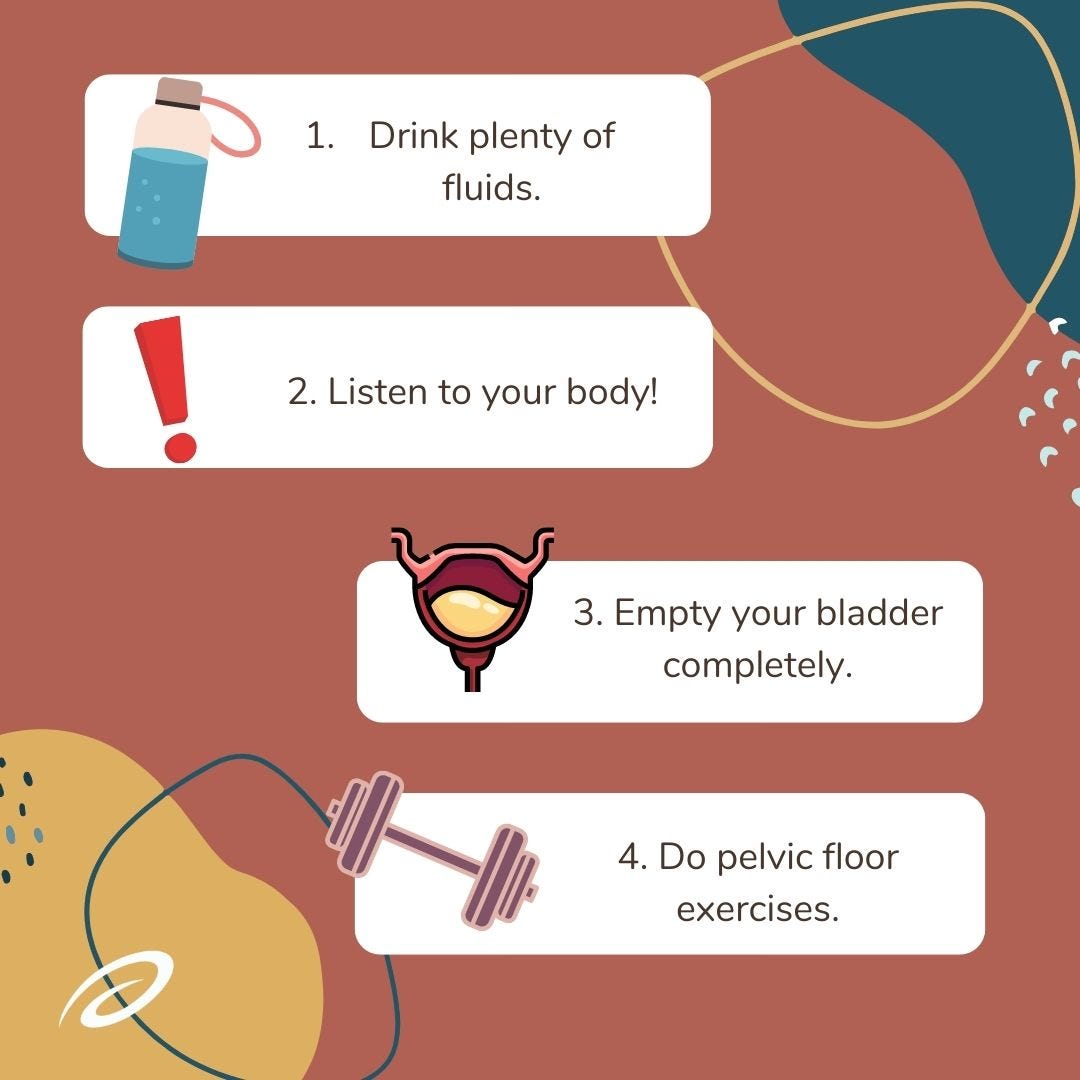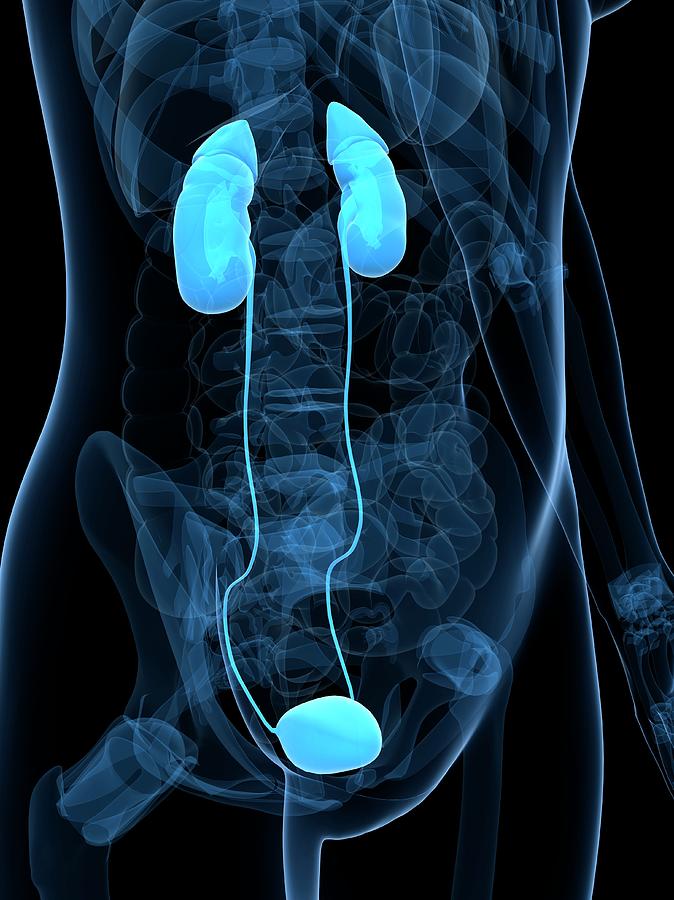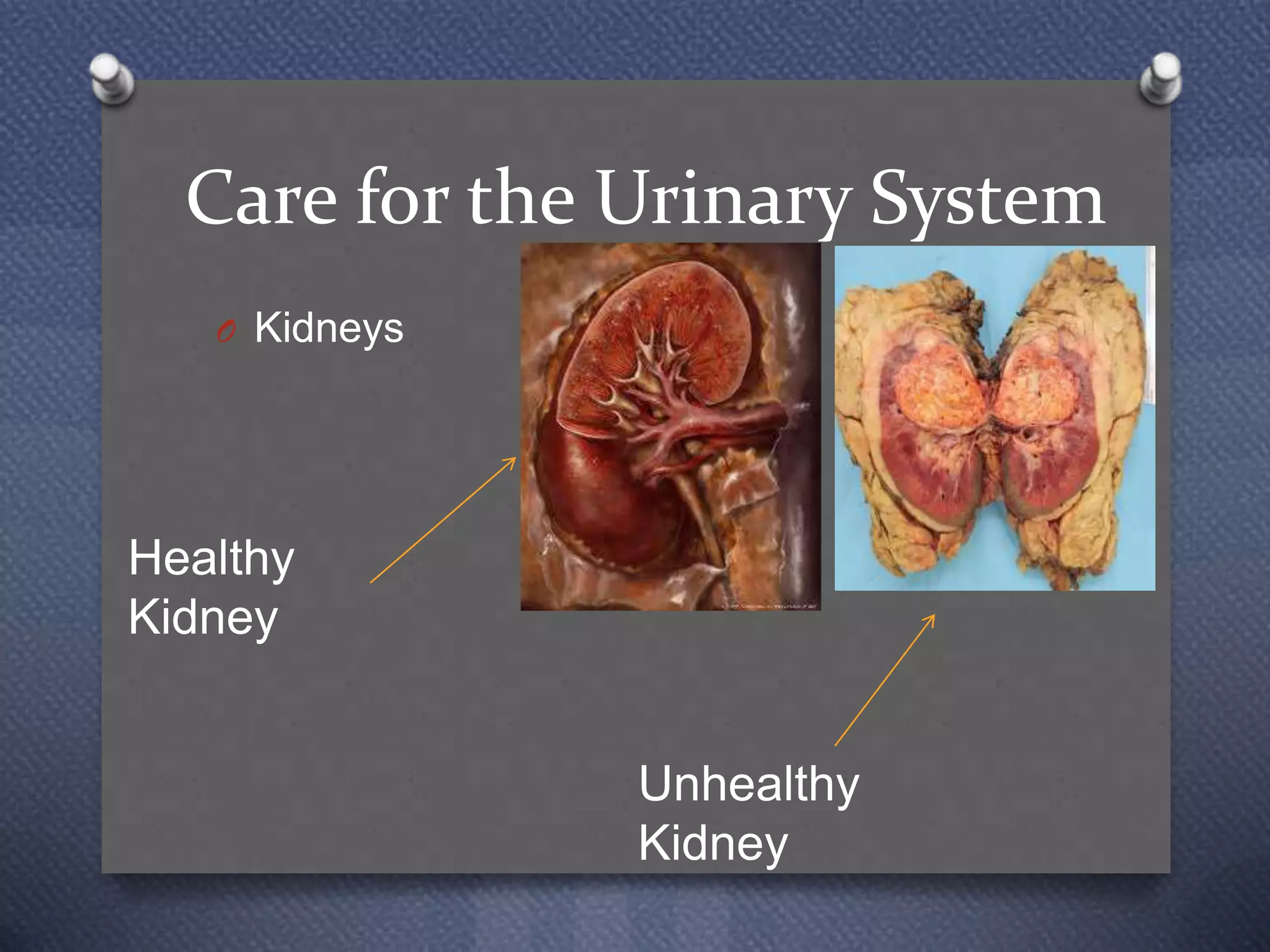Five Or More Behaviors That Promote A Healthy Urinary System

Urinary health is often overlooked, but maintaining a healthy urinary system is crucial for overall well-being. Simple lifestyle adjustments can significantly reduce the risk of infections, kidney stones, and other complications. Health professionals emphasize that proactive measures are key to preventing problems and ensuring long-term urinary health.
This article outlines five essential behaviors that promote a healthy urinary system. Adopting these habits can empower individuals to take control of their urinary health and improve their quality of life. From hydration to dietary choices, these strategies are backed by scientific evidence and expert recommendations.
Hydration: The Cornerstone of Urinary Health
Adequate hydration is perhaps the most critical factor in maintaining a healthy urinary system. Drinking enough water helps dilute urine, making it less concentrated and reducing the risk of kidney stone formation. The National Kidney Foundation recommends drinking enough fluids to produce clear or light yellow urine.
The exact amount of water needed varies depending on individual factors like activity level, climate, and overall health. A general guideline is to aim for at least eight 8-ounce glasses of water per day, but some may require more. Staying hydrated helps flush out bacteria and toxins, minimizing the risk of urinary tract infections (UTIs).
Dietary Choices: Fueling a Healthy Urinary System
Certain dietary choices can significantly impact urinary health. Limiting sodium intake is crucial, as high sodium levels can contribute to increased calcium in the urine, raising the risk of kidney stones. Reducing processed foods and opting for fresh, whole foods can help control sodium consumption.
Increasing intake of fruits and vegetables, especially those rich in antioxidants, can also be beneficial. Cranberries have long been associated with UTI prevention, although research on their effectiveness is mixed. Nevertheless, they are generally considered safe and may offer some protection.
Additionally, individuals prone to kidney stones should consider limiting oxalate-rich foods like spinach, rhubarb, and chocolate, depending on the type of stone they are susceptible to. Consulting with a doctor or registered dietitian is essential for personalized dietary recommendations.
Regular Urination: Emptying the Bladder Completely
Holding urine for extended periods can weaken bladder muscles and increase the risk of UTIs. Urinating when you feel the urge is important for maintaining bladder health. Regularly emptying the bladder helps prevent the buildup of bacteria that can lead to infection.
Complete bladder emptying is also crucial. Taking your time and relaxing while urinating can help ensure that the bladder is fully emptied. Double voiding, which involves urinating, waiting a few seconds, and then trying to urinate again, can also be beneficial for some individuals.
Good Hygiene Practices: Preventing Infections
Proper hygiene is essential for preventing UTIs, particularly in women. Wiping from front to back after using the toilet helps prevent bacteria from the rectal area from entering the urethra. This simple practice can significantly reduce the risk of infection.
Avoiding harsh soaps and douches is also important, as these can disrupt the natural balance of bacteria in the vaginal area, making it easier for harmful bacteria to thrive. Gentle cleansing with water is usually sufficient. Wearing breathable cotton underwear can also help maintain a healthy environment.
Pelvic Floor Exercises: Strengthening Bladder Control
Pelvic floor exercises, also known as Kegel exercises, can strengthen the muscles that support the bladder and urethra. These exercises can help improve bladder control and reduce urinary incontinence. Both men and women can benefit from regularly performing Kegel exercises.
To perform Kegel exercises, squeeze the muscles you would use to stop the flow of urine. Hold the contraction for a few seconds, then relax. Repeat this several times a day. Consistency is key to seeing results.
The Importance of Seeking Medical Advice
While these behaviors can promote a healthy urinary system, it's important to seek medical advice if you experience any concerning symptoms. Dr. Emily Carter, a urologist at Mayo Clinic, emphasizes that early diagnosis and treatment are crucial for managing urinary problems effectively.
Symptoms such as frequent urination, painful urination, blood in the urine, or lower back pain should be evaluated by a healthcare professional. Ignoring these symptoms can lead to more serious complications. Regular check-ups with your doctor can also help identify potential problems early on.
By adopting these five behaviors – staying hydrated, making healthy dietary choices, urinating regularly, practicing good hygiene, and performing pelvic floor exercises – individuals can significantly improve their urinary health. Remember that consistency is key, and it's always best to consult with a healthcare professional for personalized advice and treatment.










+of+urine..jpg)







